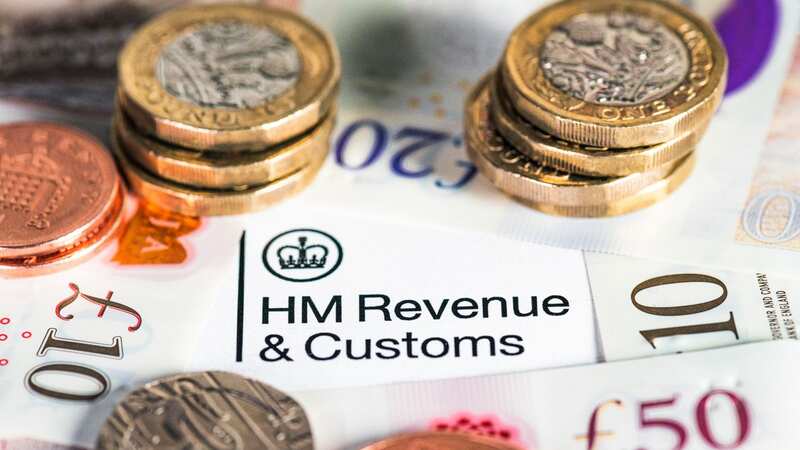

National Insurance (NI) is a regular tax on earnings, and almost everyone in work is affected.
Chancellor Jeremy Hunt today confirmed he will be cutting National Insurance for both employees and the self-employed in his Autumn Statement this afternoon. The tax has been in the headlines over the past few years for various hikes and drops - and it even formed part of Liz Truss and Kwasi Kwarteng's disastrous Mini Budget.
Back at the start of 2022, Boris Johnson increased NI contributions for workers, blaming the "Covid backlog". Just a short six months later, former Chancellor Kwarteng reversed the 1.25% NI tax hike.
Follow our Autumn Statement live blog for all of the latest news and reaction
How is National Insurance changing?
Everyone over the age of 16 pays National Insurance as long as they meet one of two criteria. If you're an employee then you start to pay it when you earn more than £12,570 per year (£242 per week). If you're self-employed, you're subject to NI when you start making over £12,570 in profit per year.
 Teachers, civil servants and train drivers walk out in biggest strike in decade
Teachers, civil servants and train drivers walk out in biggest strike in decade
Chancellor Jeremy Hunt has announced he is reducing the rate of National Insurance paid on earnings between £12,570 and £50,270 from 12% to 10% from January 6. You currently pay 2% on earnings over £50,270 - this figure will remain the same next year.
Class 2 and Class 4 contributions are normally paid by self-employed people. In his speech today, the Chancellor announced he will abolish Class 2 contributions from April 2024. Class 2 contributions are currently set at a fixed weekly rate of £3.45 and are paid if your profits are more than £12,570 a year.
Class 4 contributions are currently charged at 9% on profits between £12,570 and £50,270 - but this will be reduced to 8% from April 2024. You pay 2% on profits over £50,270.
What does National Insurance get used for?
NI goes towards funding benefits and social care. It's a tax you'll need to pay if you want to qualify for a State Pension, among other benefits. If you have not made the minimum number of contributions, you might not qualify for all benefits.
The type of pension you qualify for is dependent on the class of payment you make as a worker. NI is also used to fund social care, as well as statutory sick pay or maternity leave.